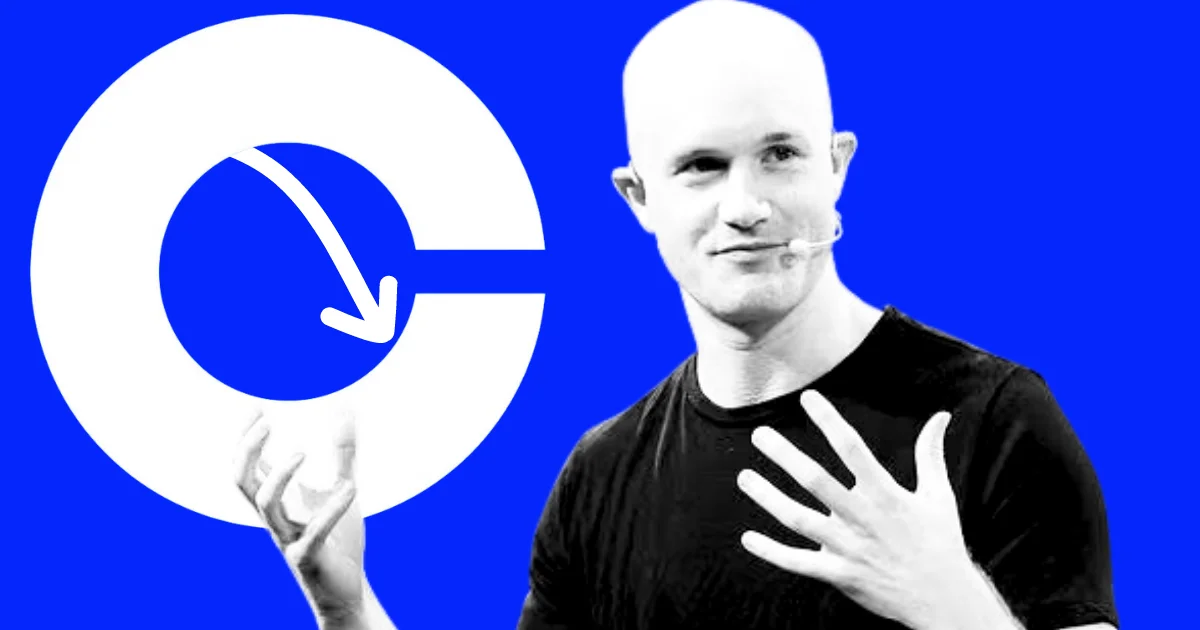
The Billionaire Bet on Immortality: How Crypto Kings Are Funding the Fountain of Youth
Picture this: a Silicon Valley boardroom where someone casually drops, *”Dude, what if we could hack death?”* – and suddenly venture capitalists start throwing money like it’s a Black Friday sale on immortality. That’s essentially what’s happening with NewLimit, the biotech startup co-founded by Coinbase CEO Brian Armstrong, where the latest $130 million Series B funding round reads like a who’s-who of tech billionaires chasing eternal youth.
From Bitcoin to Biological Clocks: The Crypto-Biotech Crossover
Armstrong isn’t just betting on digital wallets—he’s doubling down on *epigenetic reprogramming*, a cutting-edge approach to reverse aging at the cellular level. Teaming up with former GV partner Blake Byers and stem cell researcher Jacob Kimmel, NewLimit aims to reset aging cells like you’d reboot a glitchy iPhone. The funding, led by Kleiner Perkins (a VC firm that probably knows a thing or two about longevity, given its own Silicon Valley lifespan), includes heavyweights like Nat Friedman, Khosla Ventures, and even Coinbase alum Garry Tan.
But why would a crypto mogul dive into biotech? Simple: Armstrong’s playing the ultimate *long game*. If Bitcoin is about decentralizing money, NewLimit is about decentralizing mortality—because what’s more disruptive than telling Father Time to take a hike?
The Science of Staying Young (or at Least Less Old)
NewLimit’s focus on *epigenetics*—the biological “software” that controls gene expression—sets it apart from traditional anti-aging gimmicks (looking at you, $500 face creams). Instead of slapping Band-Aids on wrinkles, they’re targeting the root cause: cellular decay. Imagine your cells as overworked employees; epigenetic reprogramming is like giving them a sabbatical to relearn their youthful job descriptions.
The $130 million injection will turbocharge R&D, expand their lab-geek squad, and likely fund experiments that sound like sci-fi—think: gene therapies that could make your 90-year-old cells party like they’re 25. And with backers like Founders Fund (Peter Thiel’s *”death is optional”* crew) onboard, NewLimit’s work is less *”maybe someday”* and more *”how fast can we human trial this?”*
The Bigger Trend: Silicon Valley’s Obsession with Cheating Death
NewLimit isn’t alone. Billionaires from Jeff Bezos (Altos Labs) to Larry Page (Calico) are pouring fortunes into longevity research, turning *”live forever”* into the ultimate flex. But here’s the twist: while these startups promise breakthroughs, critics argue they’re just selling *FOMO in a petri dish*. After all, if you’re rich enough to fund immortality R&D, you’re probably rich enough to *need* it.
Yet Armstrong’s bet reflects a broader shift: tech’s biggest disruptors aren’t just changing *how we live*—they’re gunning for *how long*. And if NewLimit succeeds? We might see a future where “aging out” is as outdated as dial-up internet.
The Bottom Line: Money Can’t Buy Happiness, But Can It Buy Time?
NewLimit’s funding bonanza proves one thing: Silicon Valley’s elite aren’t content with disrupting industries—they want to disrupt *life itself*. Whether epigenetic reprogramming becomes the next big thing or just another bubble, Armstrong’s pivot from crypto to cells shows that the real moonshot isn’t Mars—it’s making 100 the new 30.
So next time you see a headline about a billionaire funding immortality, remember: it’s not altruism. It’s the ultimate hedge against FOMO. And seriously, if anyone cracks the code, let’s hope they remember the rest of us before charging *subscription fees* for eternal life.
